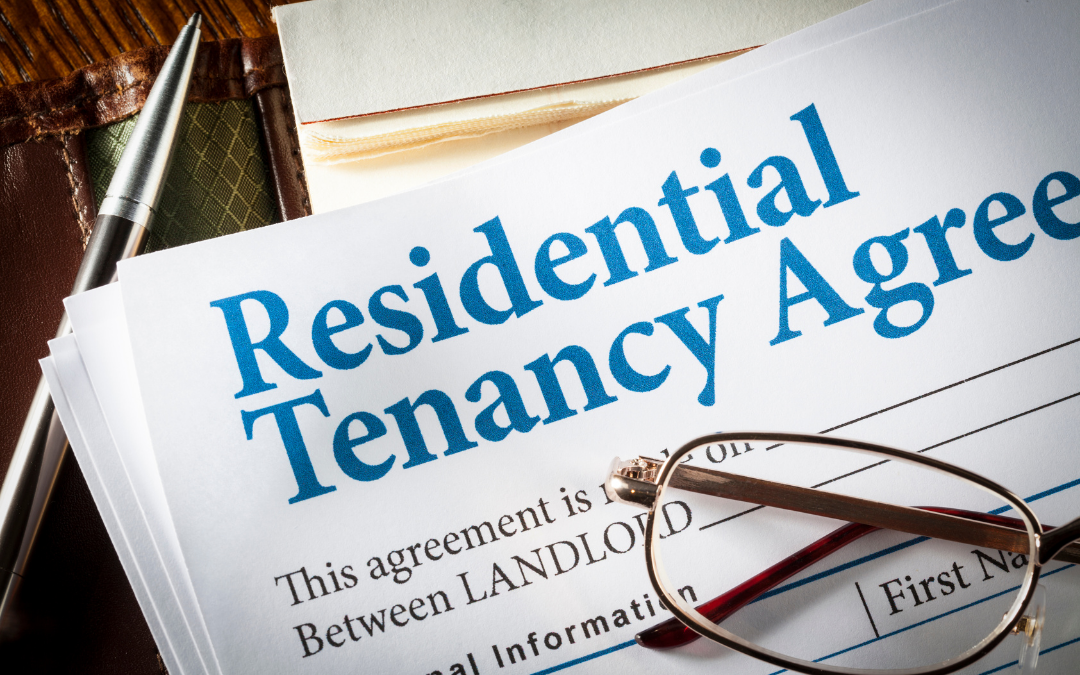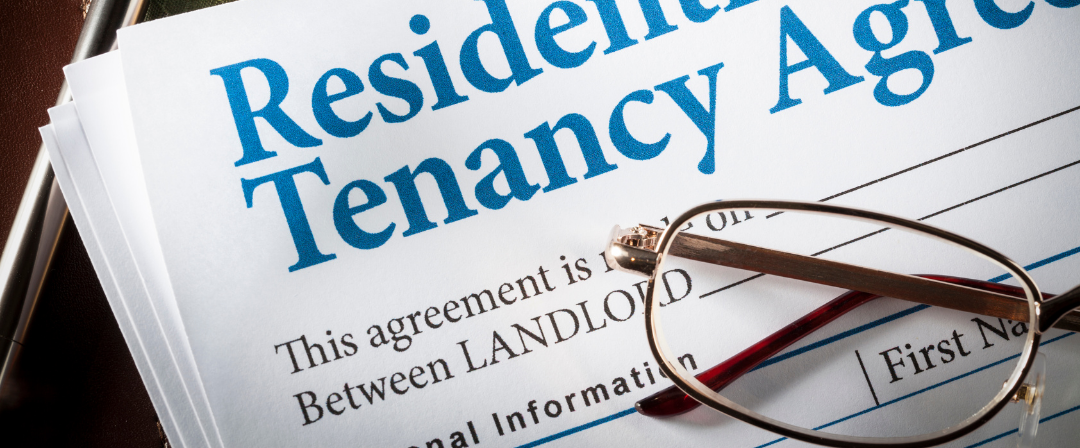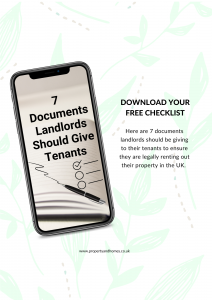Are right to rent checks a legal requirement?
So what are right to rent checks and why should you even care?
The right to rent checks relates to a person’s immigration status. So this is when a prospective tenant(s) of a rental property shows their identity documents to a landlord or letting agent. The landlord/letting agent must take a copy of the documents seen and record that the check has been completed.
At the start
Before the start of a new tenancy, a landlord/letting agent must check all tenants aged 18 and over, even if:
- they are not named on the tenancy agreement
- there’s no tenancy agreement
- the tenancy agreement is not in writing
Children under the age of 18 are exempt from the checks, but landlords/letting agents may need to verify their age.

Immigration status
Depending on the tenant(s) immigration status and which type of leave to enter or remain in the UK they have, people can have:
1. An unlimited right to rent
- a British or Irish citizen
- a Commonwealth Citizen with right of abode in the UK
- a person with indefinite leave to remain (ILR) in the UK, including settled status granted under the EU Settlement Scheme
- a person with no time limit on their stay in the UK
- After 30 June 2021 EU, EEA and Swiss nationals and their family members no longer have an unlimited right to rent unless they meet one of the conditions listed above.
2.A time-limited right to rent
- they have been granted leave to enter or remain in the UK for a limited period – this applies regardless of the reason for granting the leave
- they have been granted a time-limited permission to rent by the Home Office.
3.No right to rent
- they do not have valid leave to enter or remain in the UK, and have not been granted discretionary permission to rent by the Home Office.
Why do you have to carry out these checks?
The Immigration Act 2014 imposed on all landlords in England (including lodger landlords) the obligation to find out whether the proposed occupants have a ‘right to rent’ property in the UK.
The need to carry the checks out in person was suspended at the beginning of the coronavirus pandemic, although landlords with properties in England must still perform Right to Rent checks online.
The temporary adjustments to right to rent checks due to COVID-19 will end on 5 April 2022 (inclusive). New guidance will be issued prior to 6 April 2022.
What are the landlord’s/agent’s responsibilities?
The landlord/agent must:
- Check the adult tenant(s) who will live in the property as their only or main home
- Ask the tenant(s) for the original documents that show they have the right to be in the UK
- Check the original documents with the tenant(s) physically present and ensure they are valid
- Make copies of the original documents and record when the check was completed
- Conduct follow up checks at the appropriate time
- If follow up checks reveal that a tenant(s) in a rental property no longer has a valid ‘Right to Rent’ then the landlord/letting agent must report that person to the Home Office.
What documents are acceptable?
Acceptable documents that a tenant(s) can use to demonstrate their identity and Right to Rent are dependent on their nationality. For example, a valid passport that shows a right to reside in the UK lawfully.
Follow-up checks on time-limited right to rent
Where accommodation is let to, or occupied by, a tenant(s) with a time-limited right to rent, a follow-up check must be carried out before the end of the ‘eligibility period’, which is the latest date of:
- 12 months after the previous check
- when the tenant(s) leave to enter or remain in the UK expires
- the expiry of an immigration document
Failure to conduct right to rent checks
Failure to conduct the checks and the subsequent provision of accommodation to a person with no right to rent may lead to a civil or criminal penalty.
Need to fix a repair or breakdown?
Landlord Blog
Demystifying the Section 8 Notice: A Comprehensive Guide for Landlords
When it comes to managing rental properties, landlords occasionally find themselves in situations where tenants are in breach of their tenancy agreements. In such cases, a Section 8 notice can be a valuable tool to regain possession of the property.
Navigating the Rental Revolution: A Deep Dive into the Renters’ Reform Bill
The Renters’ Reform Bill is a hot topic in the UK, aiming to bring a wave of change to the rental market. We’ve rounded up all you need to know about this exciting development and will keep you updated as the details unfold.
A Comprehensive Guide: How Landlords Can Prepare for Bailiff Evictions in the UK
Evictions can be a challenging and distressing process for landlords in the UK, particularly when the tenant is uncooperative or has failed to pay rent. If all other methods to resolve the situation have been exhausted, landlords may need to consider the last resort – applying for a bailiff eviction.
We create this content for general information purposes and it should not be taken as advice. Always take professional advice. Please read our full disclaimer.






